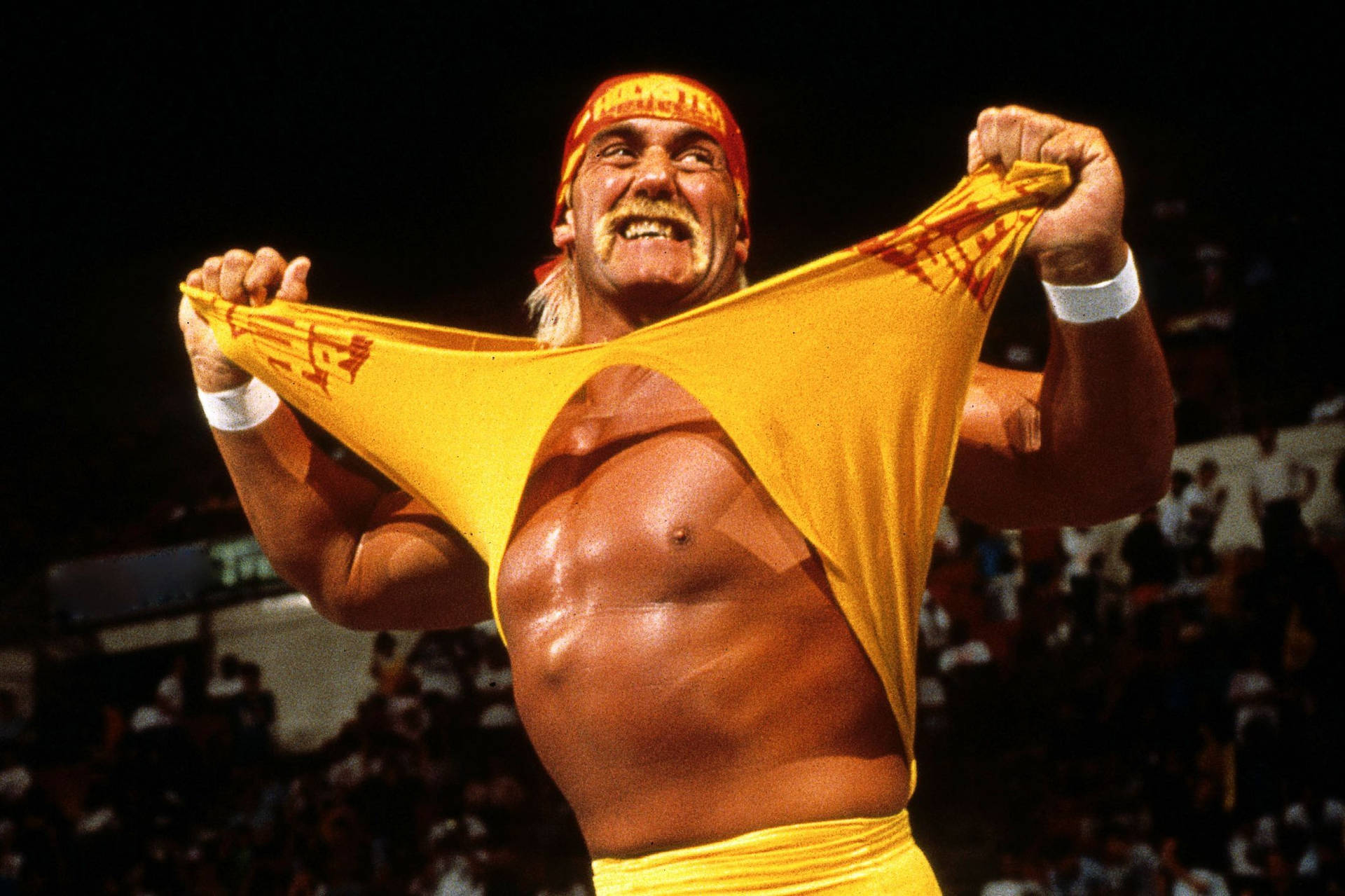
The wrestling world mourns the loss of an iconic figure, as Hollywood wrestling legend Hulk Hogan, born Terry Gene Bollea, passed away on Thursday at his home in Clearwater, Florida. He was 71. His manager confirmed the heartbreaking news to NBC Los Angeles, revealing that first responders pronounced him dead at the scene due to cardiac arrest shortly after their arrival at 9:51 a.m.
Hulk Hogan was not just a wrestler; he was a cultural phenomenon. Rising to prominence in the 1980s and 1990s, his larger-than-life persona with a blond horseshoe mustache and the unforgettable catchphrase “You’ll Hulkamania” made him a household name across the globe. He was the headline act at the inaugural WrestleMania in 1985, a showcase that would forever change the landscape of sports entertainment. His legendary matches against titans such as Andre the Giant, Randy Savage, and The Rock captivated millions, cementing his place in wrestling lore.
Hogan’s journey began in the 1970s, but it was his victory in 1984 for the WWF Championship that propelled him into superstardom. His iconic showdown with Andre the Giant at WrestleMania III in 1987, where he famously body-slammed the 520-pound giant, was a pivotal moment not only for Hogan but for wrestling itself. This match drew a record American television audience, skyrocketing the popularity of wrestling into the mainstream.
The late 1990s saw Hogan’s remarkable reinvention as “Hollywood” Hogan during the New World Order storyline in WCW, a transformation that helped WCW dominate the ratings war against WWE. His return to WWE in 2002 for a match against The Rock at WrestleMania X8 was another iconic moment, seen by fans as a symbolic passing of the torch to a new generation of wrestling.
Hogan’s impact extended beyond the ring; he ventured into acting, making a notable appearance in Rocky III and starring in several reality shows, including VH1’s Hogan Knows Best. He held six WWE championships and earned his place in the WWE Hall of Fame in 2005, with a second induction in 2020 as part of the nWo faction.
However, Hulk Hogan’s journey was not without controversy. In 2013, he sued Gawker for releasing footage of a private tape, resulting in a historic $140 million jury award and subsequent settlement that led to Gawker’s bankruptcy. In 2015, he faced significant backlash after racist remarks led WWE to sever ties and remove him from their website and Hall of Fame. After years of apologies and community work, he was reinstated in 2018, a testament to his resilience.
In recent years, Hogan struggled with chronic health issues, including a routine neck surgery in June. Despite swirling rumors about his health, his representatives reassured the public that he was stable, dispelling any panic.
Upon his passing, global tributes poured in from fans and fellow wrestlers alike. WWE expressed its sorrow in a statement, extending condolences to Hogan’s family and supporters. Wrestling icons like Ric Flair, Triple H, The Undertaker, Kane, and Charlotte Flair shared their tributes online, honoring a man who was not only a friend but a pillar of the wrestling community. Former President Donald Trump also offered his condolences, referring to Hogan as a “great friend” and acknowledging his monumental cultural influence.
Hulk Hogan’s legacy is indelibly marked in the hearts of many, representing a blend of triumph, fame, and the inherent struggles of a life lived in the limelight. His spirit will continue to inspire future generations of wrestlers and fans alike.
